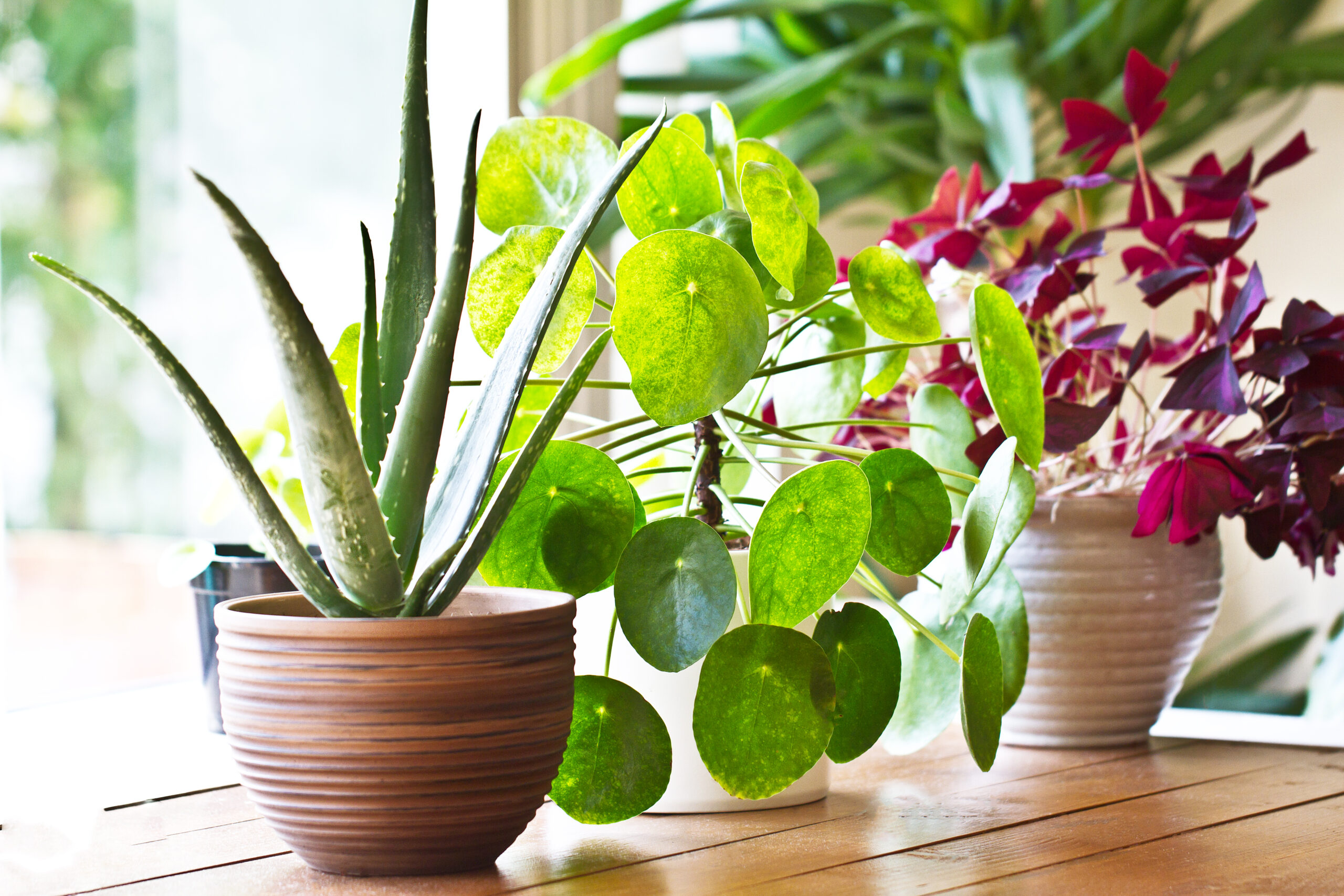Do Indoor Plants Need To Sleep?

Wondering whether indoor plants sleep at night? This post has everything you need to know. So without further ado, lets get started !
Do Indoor Plants Need To Sleep?
Q: Do indoor plants need to sleep?
A: Yes, just like people, plants need time to rest and rejuvenate. During the day, plants are busy photosynthesizing and producing energy. At night, they use this energy to repair themselves and grow.
Q: How do plants know when its time to sleep?
A: Plants have an internal clock that regulates their sleep cycle. This clock is sensitive to light, and when the light levels start to drop in the evening, it signals to the plant that its time to start winding down for the night.
Q: What happens if a plant doesn’t get enough sleep?
A: If a plant is deprived of sleep, it will eventually die. Just like people, plants need time to rest and recover from the stresses of the day. Without adequate rest, plants will become weak and susceptible to disease.
Q: Can humans sleep with plants?
A: Yes, humans can sleep with plants, but its not recommended. Plants give off carbon dioxide at night, which can be harmful to people. Additionally, some plants release chemicals that can be irritating to the skin or respiratory system.
What Are Indoor Plants That Sleep?
Indoor plants that sleep are those that go into a dormant state during the winter months. This is a natural process that helps the plant to survive the cold weather and lack of sunlight. During this time, the plant will stop growing and its leaves will fall off. The plant will also need less water.
There are many different types of indoor plants that can go into dormancy. Some of the most common are:
- Ferns
- Ivy
- Begonias
- Impatiens
- Geraniums
If you have an indoor plant that goes into dormancy, it is important to care for it properly during this time. Here are some tips:
- Make sure the plant is in a cool, dark place.
- Water the plant less often, but do not let it dry out completely.
- Do not fertilize the plant during dormancy.
Following these tips will help your indoor plant to survive the winter and emerge healthy in the spring.
What Are The Benefits Of Indoor Plants That Sleep?
There are many benefits of indoor plants that sleep. They help improve air quality, increase humidity, and can even help you sleep better at night!
Indoor plants that sleep help improve air quality by filtering out harmful toxins and pollutants. They also help increase humidity, which is great for your skin and hair! And, last but not least, they can actually help you sleep better at night. Studies have shown that plants emit a chemical that helps us relax and fall asleep more easily.
So if you’re looking for a way to improve your health and well-being, consider getting an indoor plant that sleeps!
How Do I Choose An Indoor Plant That Sleeps?
There are a few things to keep in mind when choosing an indoor plant that sleeps.
First, consider the amount of light the plant will need. Some plants need more light than others, so it’s important to choose a plant that will be able to thrive in the environment you have.
Second, think about the size of the plant. Some plants can get very large, so it’s important to choose one that will fit in the space you have.
Finally, consider the care the plant will need. Some plants are very low maintenance, while others require more care. Choose a plant that you are willing to care for and that will fit into your lifestyle.
How Do I Care For An Indoor Plant That Sleeps?
Assuming you already have an indoor plant that sleeps, here are some tips on how to care for it:
1. Make sure the plant has a good spot to sleep. It should be in a cool, dark place where it wont be disturbed.
2. Water the plant before it goes to sleep. This will help it stay hydrated during its rest period.
3. Don’t fertilize the plant while its sleeping. It doesn’t need any extra nutrients during this time.
4. Check on the plant occasionally to make sure its doing alright. If it starts to look wilted or unhealthy, wake it up and give it some attention.
Following these simple tips will help you keep your indoor plant healthy and happy.
What Are Some Common Indoor Plants That Sleep?
There are a few common indoor plants that sleep, such as the snake plant, peace lily, and philodendron.
These plants typically sleep during the night by closing their leaves and stems. This helps the plant to conserve water and energy.
Conclusion
We hope you enjoyed learning about some of the different indoor plants that sleep! If you have any questions that were not answered in this blog post, please feel free to ask in the comments section below.
Leave a Reply
You must be logged in to post a comment.